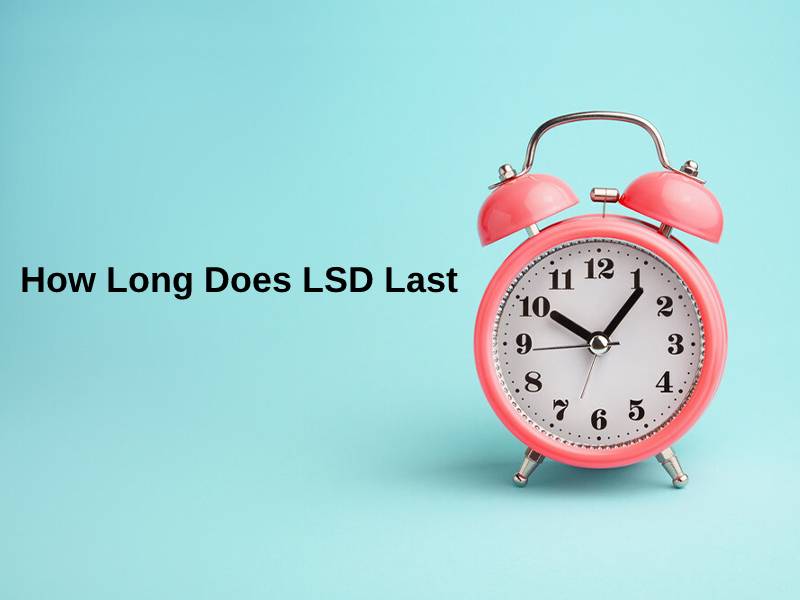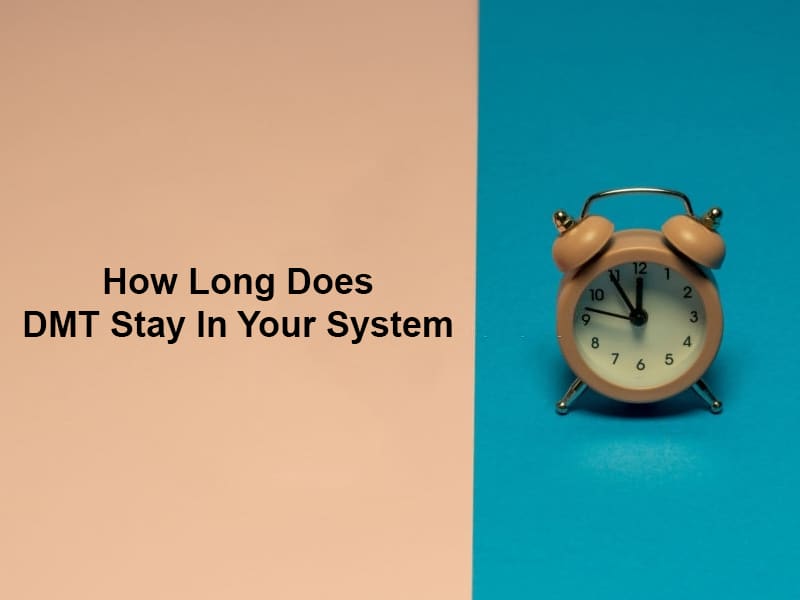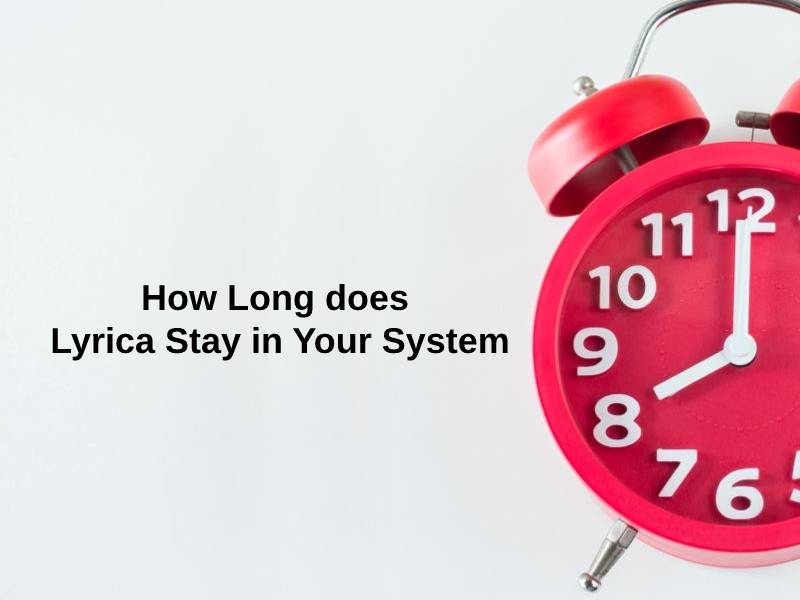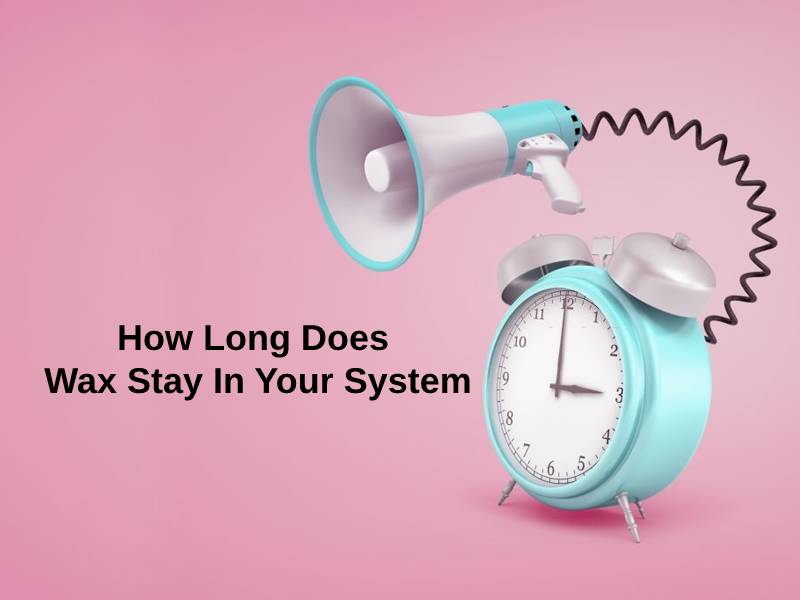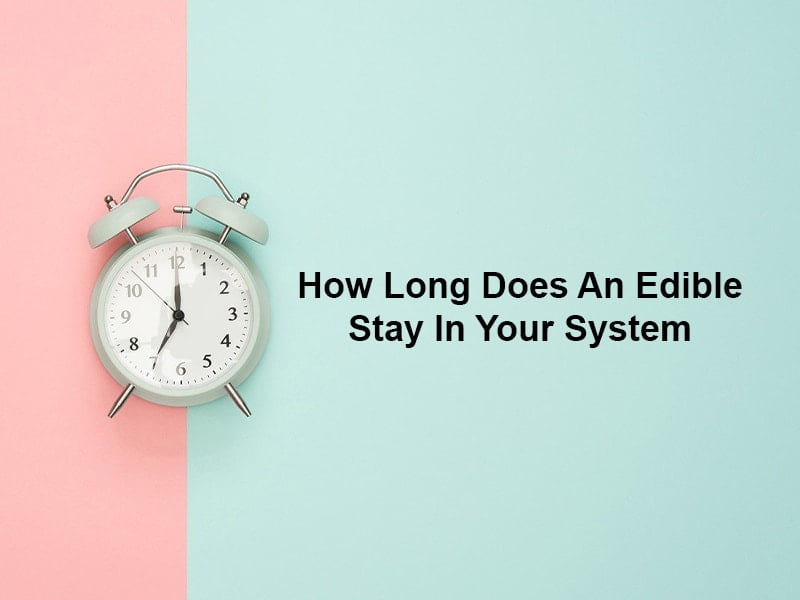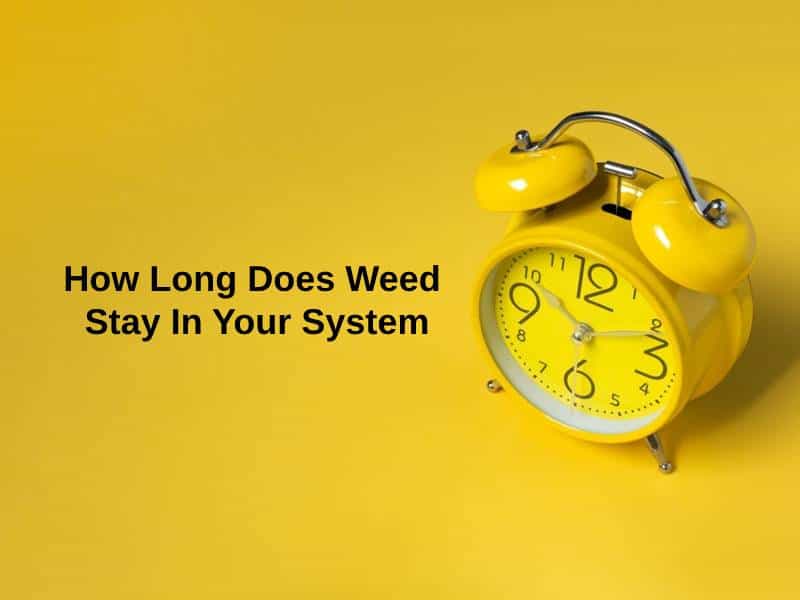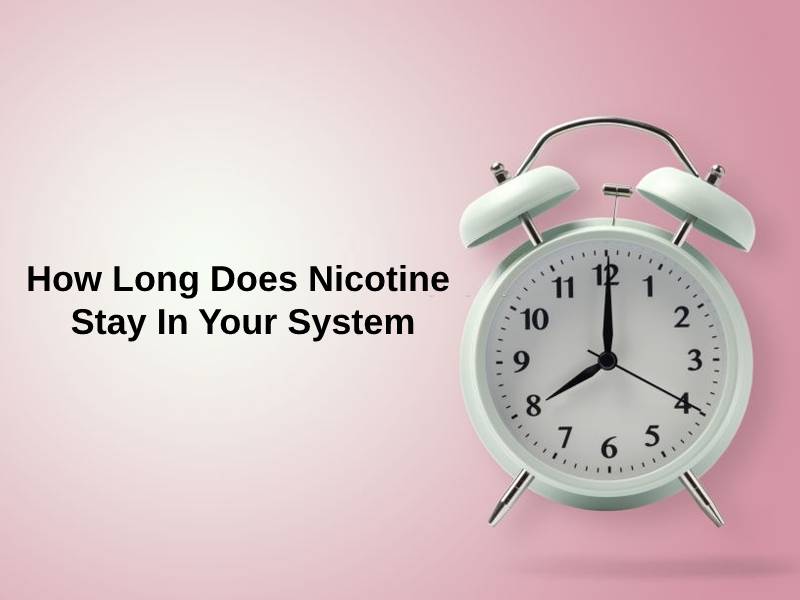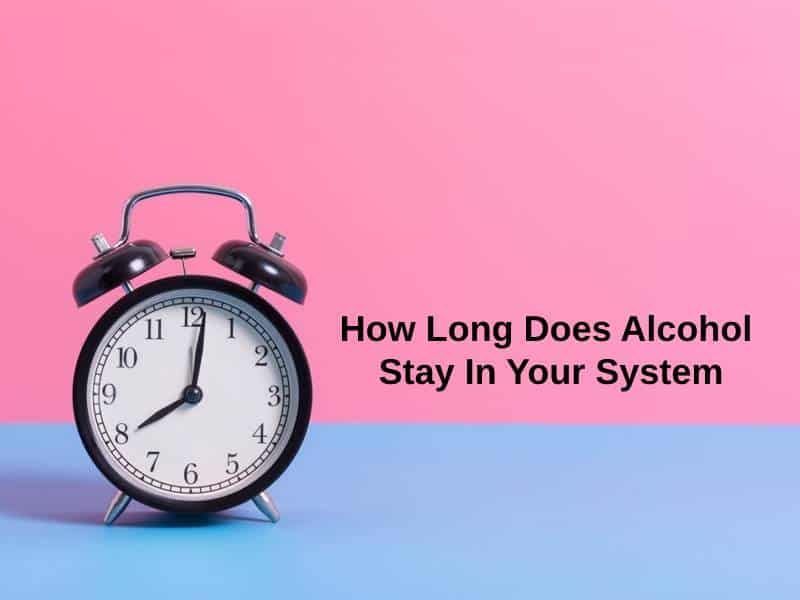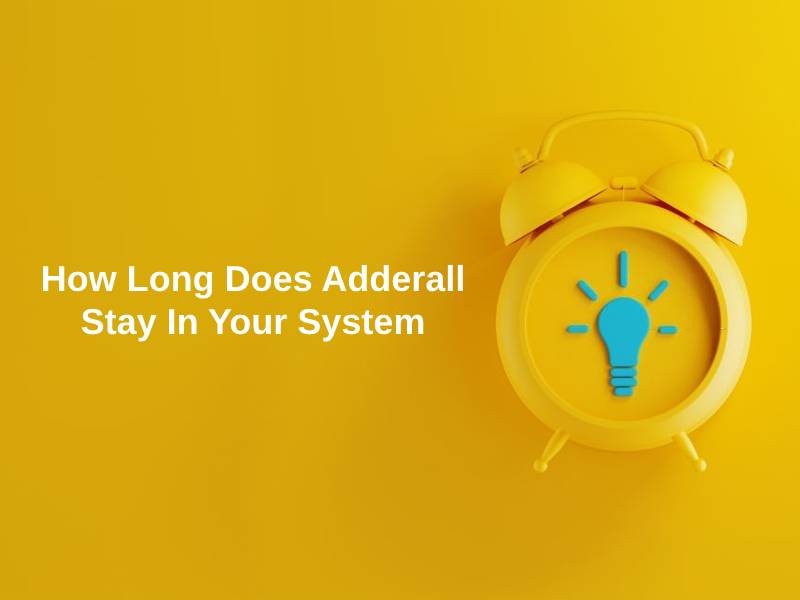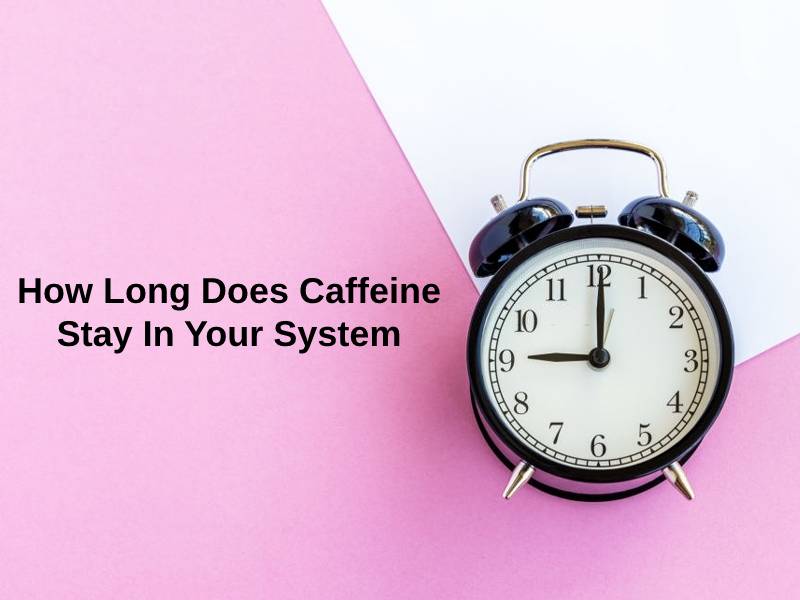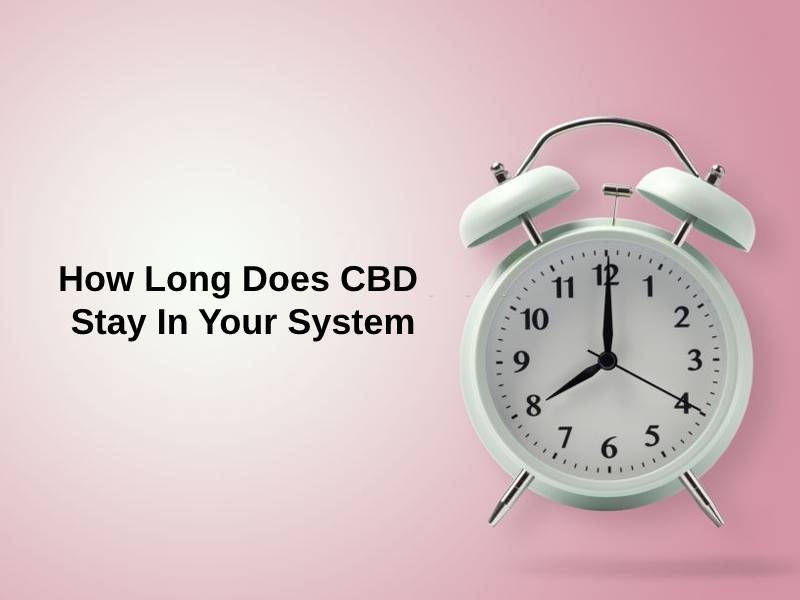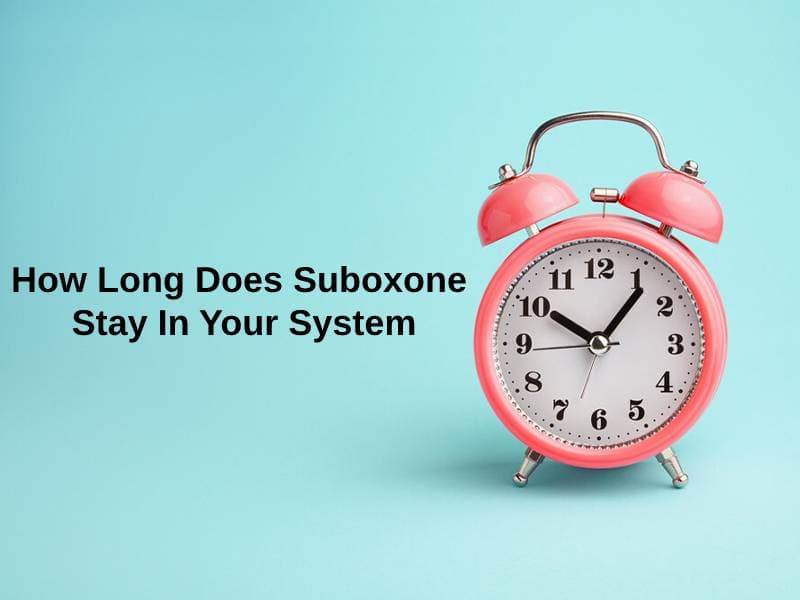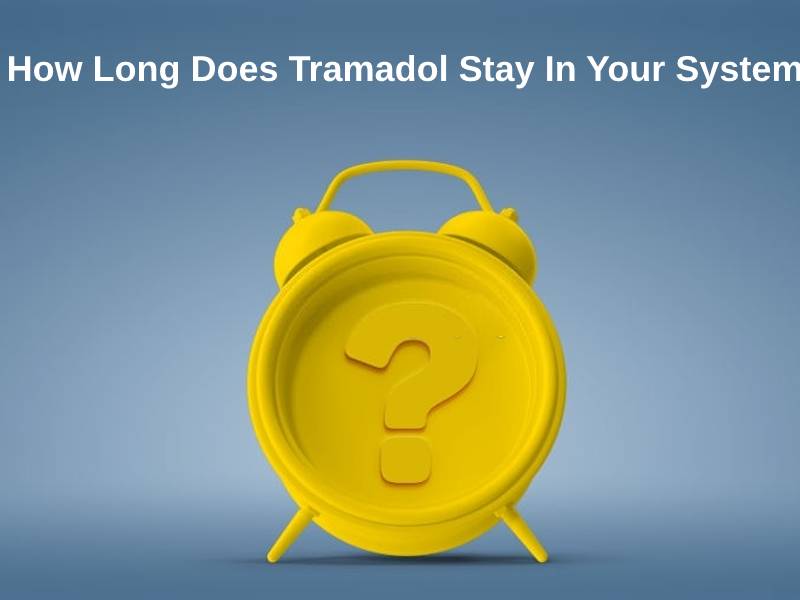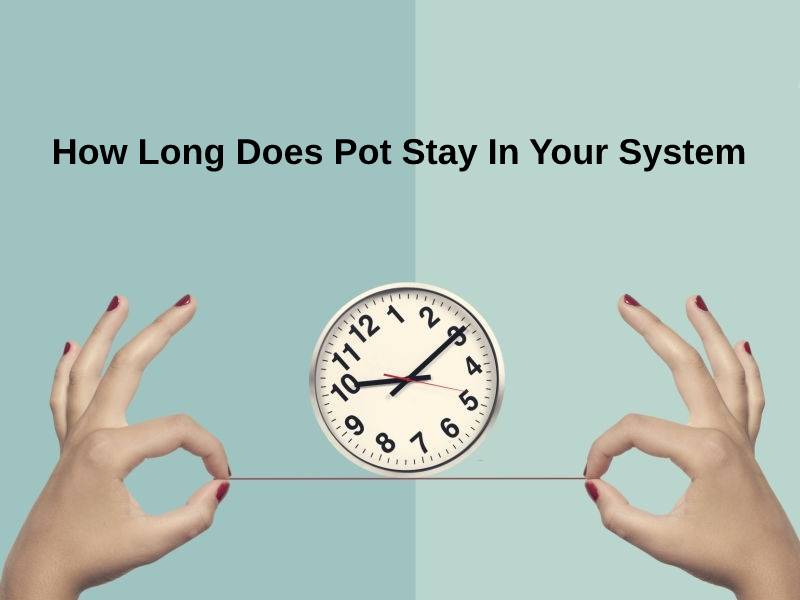Exact Answer: Ten to Fifteen Hours
LSD is a commonly used abbreviation for Lysergic Acid Diethylamide. Also referred to as Acid in common interactions, LSD can be described as an illicit hallucinogenic drug. Its consumption affects the perceptions of the druggie which makes them hallucinate for several hours even after the LSD is out of their system.
LSD can be detected in a druggie’s body by urine, blood, or hair test, but not on the saliva test. The tolerance levels for this drug build up quickly, implying that a druggie will need more and more quantities of LSD every time they want to be intoxicated. This helps discourage people from getting addicted to it as more drugs would cost more.

How Long Does LSD Stay In Your System?
| Timeline of the Drug | Time After Drug Consumption |
| Drug absorption time | Fifteen to thirty minutes |
| Effects of LSD become visible | After half an hour |
| Effects of LSD peak | Two to three hours |
| Effects of LSD decline | Five to six hours |
| LSD is expelled out of the system | Ten to Fifteen hours |
| Continued effects of drug | Twenty four hours |
The timeline of the acid in the body can be divided into six distinct phases. These are the LSD absorption stage, effects introduction stage, effects maturity stage, effects decline stage, LSD expulsion stage, and drug aftereffects stage.
Lysergic Acid Diethylamide is easily absorbed into the blood through the gastrointestinal tract and other mucous membranes. LSD is essentially processed by the liver and it is able to reach most of the organs within twenty to thirty minutes of its oral ingestion.
The effects of the acid become to show up once it reaches the blood and the organs. The druggie starts to feel more energetic and their body temperature increases. Within two to three hours of the ingestion of the drug, the effects become more intense and reach their peak.
At its peak, the druggie feels hallucinations, increased blood pressure, dizziness, sensory distortion, and rapid mood swings. These effects begin to phase down only after five to six hours of the start of those effects.
LSD is not to last forever in the system. It is eventually expelled out of the human body within ten to fifteen hours of its ingestion. However, the continued aftereffects of the drug, known as afterglow, continue even after the drug’s expulsion for nearly twenty-four hours from the time of its entry into the body.
Why Does LSD Stay So Long In The System?
The time for which LSD lasts in a person’s body depends on a plethora of factors. The amount and quality of the acid, the age, metabolism, and the body mass index of the person are some important factors in the play.
The amount of the drug ingested is directly proportional to the time it lasts in the body. The more the drug is ingested, the more powerful will be its effect, and the more it will last in the body. However, generally, all the drug ingested is out within two to three days.
The functioning of the liver slows down with the age. An aged person consuming LSD will have it inside of his body for a long time than a millennial person. Similarly, the metabolism capacity of an aged person decreases which also leads the acid in lasting longer. If the metabolism of the person is faster, LSD will leave the system faster.
Another key factor in this is the body composition of the person. If the water content of the druggie’s body is high, the acid right leaves their system faster as the LSD gets diluted faster. The height and weight of the person are also a factor.
Conclusion
LSD is a powerful but harmful drug that can cause immense damage to a person’s health. It leads to euphoria, hallucinations, and increased heart rate to name a few. LSD lasts for ten to fifteen hours in the system before the expulsion, but its afterglow effects can even be felt after twelve hours of the expulsion.
The amount of LSD ingested, the body composition of the person, their age, and their metabolism are some instrumental factors in determining how long the drug will last in the body. In most cases, it does not stay in the system for more than 48 hours.

